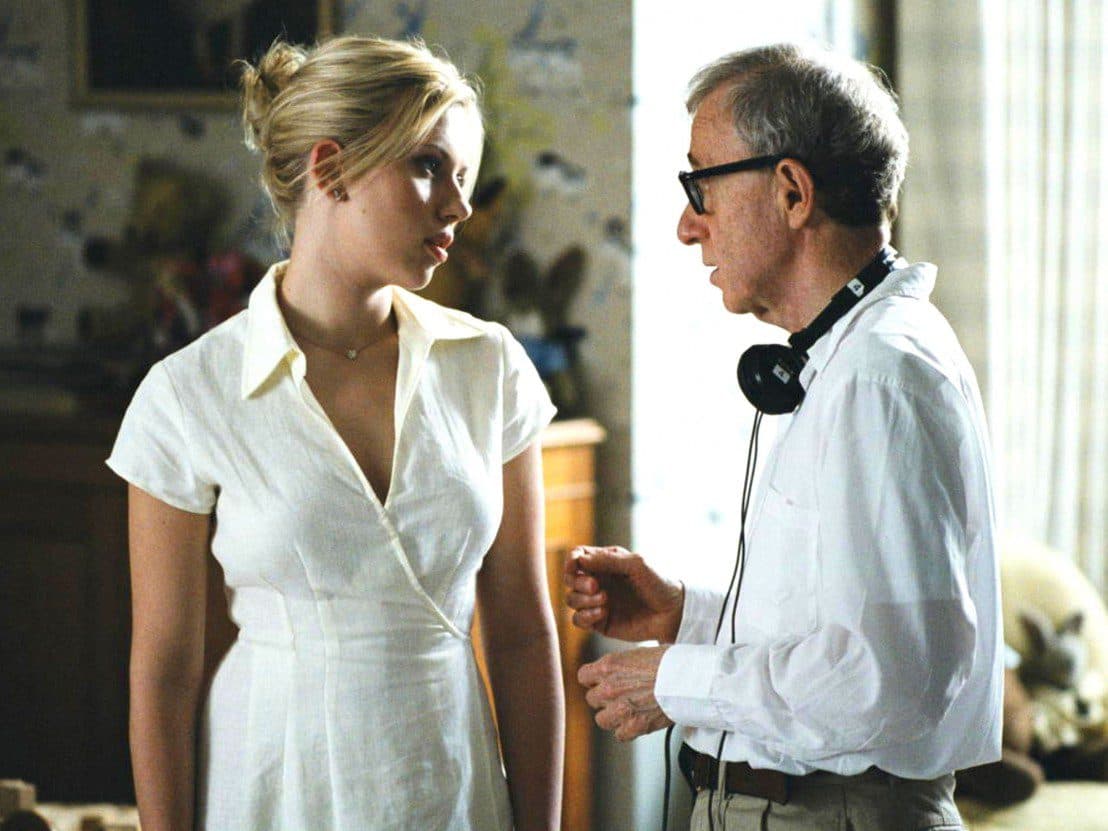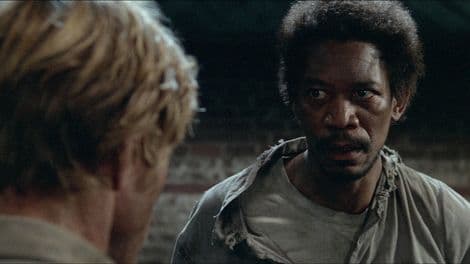My Big Fat Greek Wedding: Unpacking the Layers of Family, Culture, and Windex
Twenty years ago,
Meet the Portokalos Family and Their Entourage
The story centers on Fotoula "Toula" Portokalos, played by Nia Vardalos. Toula is thirty and feels her family's pressure. They want to marry her off to a Greek boy, yesterday. Grandchildren are also on their list. Unmarried at thirty? That's ancient in their eyes. Toula seeks to break free and find herself while managing her overwhelming relatives.
Ian Miller is the non-Greek love interest, portrayed by John Corbett. Fun fact: Ian reflects Vardalos's real husband, Ian Gomez. Gomez, with Puerto Rican and Russian Jewish roots, converted to Greek Orthodoxy for Vardalos. This detail adds authenticity to the intercultural romance. For the Portokalos family, dating someone outside Greek culture was a huge deal.
Gus Portokalos, Toula’s father, is played by Michael Constantine. Gus is a memorable character. His belief in Windex cures is well-known. Poison ivy? Windex. Psoriasis? Windex. Existential dread? Probably Windex too. He calls non-Greeks "xenos." About Ian he said, "A xeno with big, long hair!" We lost Michael Constantine in August 2021. His role was iconic; it's hard to imagine the film without his wisdom and humor.
Maria Portokalos, Toula's mother, is played by Lainie Kazan. Maria is vibrant and crucial to the family dynamics. In
No Greek family lacks colorful aunts, uncles, cousins, or grandparents. Aunt Voula, Maria's sister, shines in the story. Played by Andrea Martin, she is loud and loyal. Voula contrasts with Maria's reserved nature. She provides humor and dramatic flair. Yiayia, the grandmother, played by Bess Meisler, adds comedy through her worries and remarks about family dynamics.
Cousins Nikki (Gia Carides) and Angelo (Joey Fatone) bring wonderful chaos too. Aunt Freida features more in
Finally, there’s Paris (Elena Kampouris) and Aristotle (Elias Kacavas). They are Toula and Ian's offspring. By the end of
Exploring Greek Culture, One Stereotype (and Truth) at a Time
Religion plays a significant role in the movie too, particularly Greek Orthodox faith. Portokalos family practices involve cultural tradition more than theology. Windex as a cure-all isn’t exactly doctrine. The film shows religion intertwined with cultural identity and family life. Ian's conversion holds importance, showcasing his willingness to embrace Toula's world. It mirrors Vardalos's life; her husband did the same when they married.
Greek traditions appear throughout the film, enriching its cultural fabric and humor:
- Spitting for good luck: This might surprise outsiders; spitting symbolizes warding off bad spirits or misfortune in Greek culture. The gentle puff mimics spitting and represents good luck practices.
- Smashing plates: Iconic plate smashing occurs in Greek celebrations to scare bad spirits away and celebrate joy. The loud noise reflects breaking negativity and welcomes happiness.
- Money dance (Kalamatianos or Karioka): Guests toss cash at the couple while they dance as part of the money dance, which is festive and helps fund their new life together.
- Stolisma (bride getting dressed): The bride's relatives help her dress on her wedding day in this special moment of bonding and advice-sharing. It's an intimate celebration of female connections.
The language highlights culture in the film too. Gus explains their last name reveals its roots. "Portokalos" means "orange" in Greek. Thus, he quips, "We're all fruit." Gus uses "xeno" for outsiders, marking his cultural pride too. There’s also humor in a mistranslation uttered by Nick Portokalos as he suggests Toula use this.
phrase, believing it means "Everyone, let's come in the house." Spoiler: it means "I have three orchids." It's a funny example of language barriers and misguided advice.
Food and drink? Essential for any Greek gathering.
A quick detour into college slang. The movie doesn't touch on this, but let's clarify "Geed" in Greek Life. "Geed" refers to non-Greek affiliated students. It's from "GDI" or "God-damn independents." It labels those not in the Greek system. Totally irrelevant to
Behind the Scenes: From Stage to Screen to Greece
The story behind
Filming for the first two movies occurred primarily in Toronto, not Chicago. The Portokalos house? It’s in Toronto's Danforth area, known for its Greek community. Filmmakers added a second floor and garage to make it grander for the movie – pure movie magic! Interior scenes were filmed at St. Nicholas Ukrainian Church in Toronto, originally a Presbyterian mission in 1870s. Principal photography for
Themes That Resonate: Love, Family, and Identity
At its core,
Family acceptance is another major theme. Toula's struggle for her family's approval of Ian is a central conflict. The film humorously portrays difficulties families face when children choose partners from different backgrounds. The stereotypes are exaggerated – WASPs as reserved and Greeks as expressive – to highlight cultural clashes. Ultimately, families learn to embrace differences.
Cultural identity runs through the movie. Toula's journey isn’t just about finding love; it’s about her Greek heritage. Initially stifled by family traditions, she learns to appreciate her cultural identity while forging her path. The movie suggests it’s possible to honor roots while embracing personal growth.
The relatability of
Specific Elements That Make it "Greek Wedding"
Let's zoom in on quirky elements of
- Windex: We can't talk about this movie without Windex. Gus believes in Windex as a cure-all. He sprays it on everything – poison ivy, psoriasis, you name it. This joke illustrates belief perseverance, clinging to belief despite contradictory evidence. The origin? Nia Vardalos's father accidentally got Windex on a wart. It dried out. From then on, Windex became the answer to everything.
- "Xeno": Gus's favorite term for outsiders. It encapsulates the family's insularity and humorous curiosity towards non-Greeks. It highlights the "us vs. them" mentality in close-knit communities.
- "The man is the head, but the woman is the neck": This famous line by Maria captures family dynamics within Greek culture. It suggests men are figureheads while women wield real power behind the scenes. It’s a witty observation on gender roles.
- Alcohol and "Opa!": Ouzo is practically a character. The film showcases its consumption during celebrations, often shouted with "Opa!" "Opa!" expresses joy and embraces life’s mishaps. Think of it as Greek for "Carpe diem!" Ouzo is an acquired taste but undeniably Greek.
Reception and Lasting Impact: Why We Still Love This Greek Wedding
The success of
Despite popularity, critiques existed. Some criticized it for relying on stereotypes. The sequels, especially
Relationships: Love Connections, Greek Style
The central relationship in
Toula. Their journey explores cultural differences in their families. Toula's family is large, loud, and expressive. They are constantly involved in each other’s lives, often in loving ways. In contrast, Ian's family is reserved and understated. Their relationship shows the challenges and rewards of bridging these cultural gaps.
We also see Paris and Aristotle's relationship evolve. They get together at the end of the second movie. However, their romance hits a snag in the third film when Paris ghosts Aristotle. This reflects realistic teenage relationships. They sometimes blossom, sometimes fizzle, and sometimes involve ghosting.
Now, a brief detour. The [CONTENT_BRIEF] references "Sookie and Jackson: No Divorce." This refers to characters from
Odds and Ends: A Little Bit of Everything Else
Let's finish with interesting tidbits about
- Homosexuality in
My Big Fat Greek Wedding 3 : The third film includes LGBTQ+ relationships. A pride flag appears in a scene. Aunt Voula mentions her son is gay, showing acceptance within the family. - Dancing Zorbas: Fictional restaurant, real neighborhood: Dancing Zorbas is a fictional restaurant. The Greek neighborhood depicted is real. It’s inspired by Chicago’s Greek Town, though filming took place in Toronto.
- Death of Michael Constantine (Gus): Michael Constantine, who played Gus, died in August 2021 at age 94. He passed away from natural causes. His legacy includes memorable performances, with Gus Portokalos being iconic in cinema.
- Meaning of "Opa": "Opa!" is a multifaceted Greek exclamation. It expresses joy and celebration. It can also turn a mishap into laughter. It is a burst of happiness, even amid broken plates.
- Breaking glass at a Jewish wedding: The [CONTENT_BRIEF] discusses breaking glass at Jewish weddings. While it does not relate to
My Big Fat Greek Wedding , it is an interesting custom. This act symbolizes the destruction of Jerusalem's Holy Temples. - Meaning of "hexa": The term "hexa" means "six" in Greek. It is unrelated to the wedding film but a fun fact nonetheless.
- Tristan and Isolde, alcohol on stomach, traditional gifts, dollar dance: Various concepts listed in the [CONTENT_BRIEF] do not connect to
My Big Fat Greek Wedding . They are perhaps notes from research. Let's simply acknowledge they exist. - Blood pressure and ouzo: Ouzo can lower blood pressure due to vasodilation. Remember, practice moderation, even when shouting "Opa!" and smashing plates.
- Meaning of Stolisma (revisited): Stolisma is the bride dressing with her female relatives. It is a beautiful tradition worth noting again!
- Traditional gift for a Greek wedding: Money is the most practical gift for a Greek wedding. Sweets and jewelry are customary as well. If invited, bring cash and perhaps some baklava.
- Dollar dance (aka money dance): The dollar dance is a lively wedding tradition across cultures, including Greek ones. Prepare those dollar bills!
Here you have it – a dive into













Responses (0 )